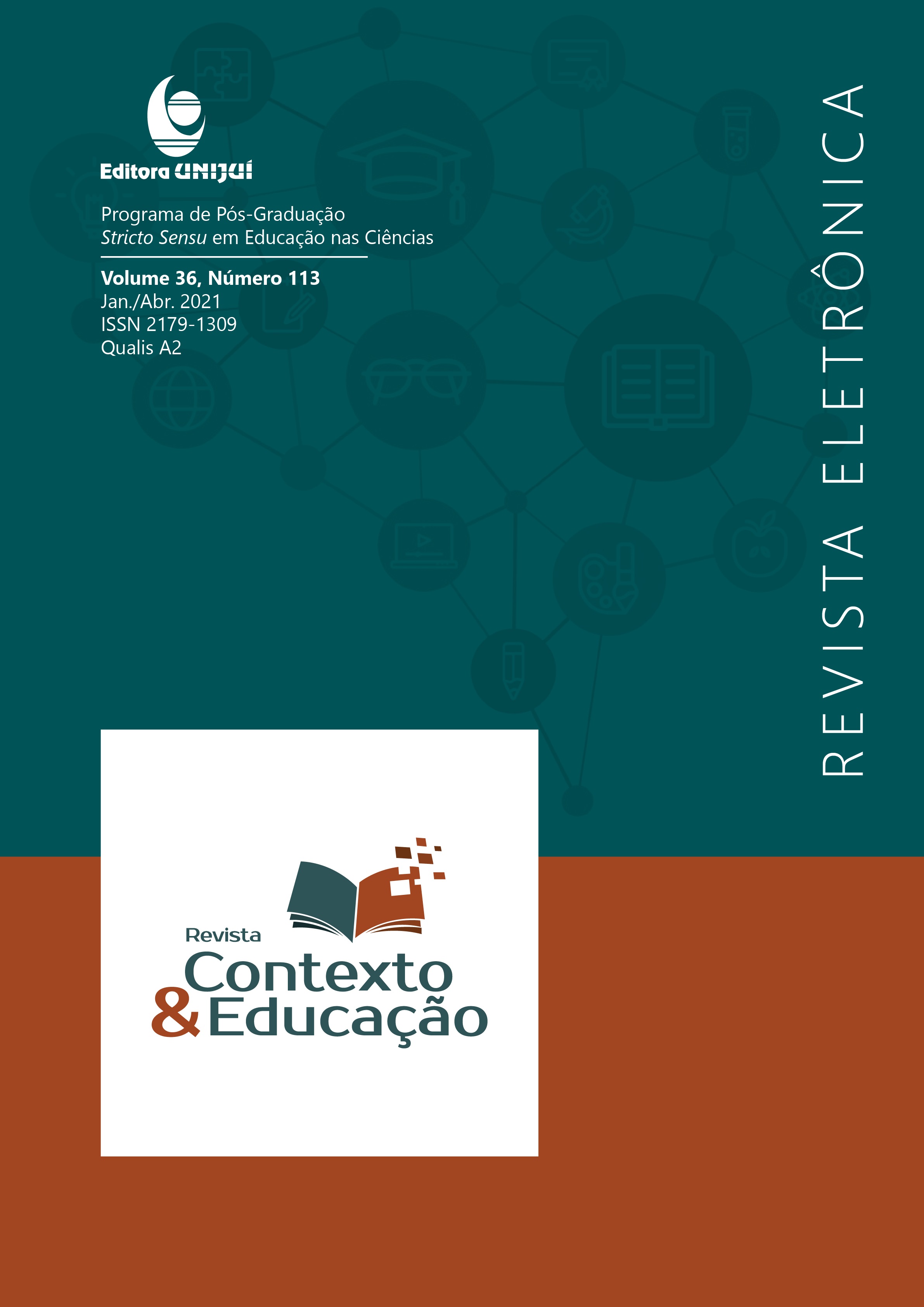CONSTRUINDO A DISCIPLINA DE PSICOFARMACOLOGIA E APRENDIZAGEM COM ALUNOS DE UM CURSO DE PÓS-GRADUAÇÃO A PARTIR DE CÍRCULOS DE DIÁLOGO E COMPREENSÃO
DOI:
https://doi.org/10.21527/2179-1309.2021.113.195-205Keywords:
Alunos. Aprendizagem. Psicofarmacologia.Abstract
This article aims to reflect on the difficulties faced by students in learning and the factors related to the use of medications, especially in school age. These reflections will be made from the construction of dialogue circles and understanding where each graduate will have the opportunity to bring their experiences in the classroom with their students. The dialogue circles are based on the listening – and within this the presence, attention and silence of each participant. Using this methodology, it was possible to structure the discipline of psychopharmacology and learning taught in the postgraduate course in clinical and institutional neuropsychopedagogy. Through this construction between teachers and students it was possible to explore different areas, including: Pharmacology, neuroscience, Social pedagogy and psychology. We verified that often the use of medications in individuals, especially in childhood and adolescence, occurs wrongly, large quantities, high dosages and often without a correct diagnosis. This concludes that good doses of love, affection and attention can considerably replace the use of these medications. The student must be enchanted by the world, through the space in which he is learning.
Downloads
Published
How to Cite
Issue
Section
License
By publishing in Revista Contexto & Educação, authors agree to the following terms:
All works are published under the Creative Commons Attribution 4.0 International License (CC BY 4.0), which allows:
Sharing — to copy and redistribute the material in any medium or format;
Adaptation — to remix, transform, and build upon the material for any purpose, even commercially.
These permissions are irrevocable, provided that the following terms are respected:
Attribution — authors must be properly credited, a link to the license must be provided, and any changes made must be indicated.
No additional restrictions — no legal or technological measures may be applied that legally restrict others from doing anything the license permits.
Notices:
The license does not apply to elements that are in the public domain or covered by legal exceptions.
The license does not grant all necessary rights for specific uses (e.g., image rights, privacy, or moral rights).
The journal is not responsible for the opinions expressed in the articles, which are the sole responsibility of the authors. The Editor, with the support of the Editorial Board, reserves the right to suggest or request modifications when necessary.
Only original scientific articles presenting research results of interest that have not been previously published or simultaneously submitted to another journal with the same purpose will be accepted.
Mentions of trademarks or specific products are intended solely for identification purposes and do not imply any promotional relationship by the authors or the journal.
License Agreement (for articles published from October 2025): Authors retain the copyright to their article and grant Revista Contexto & Educação the right of first publication.


